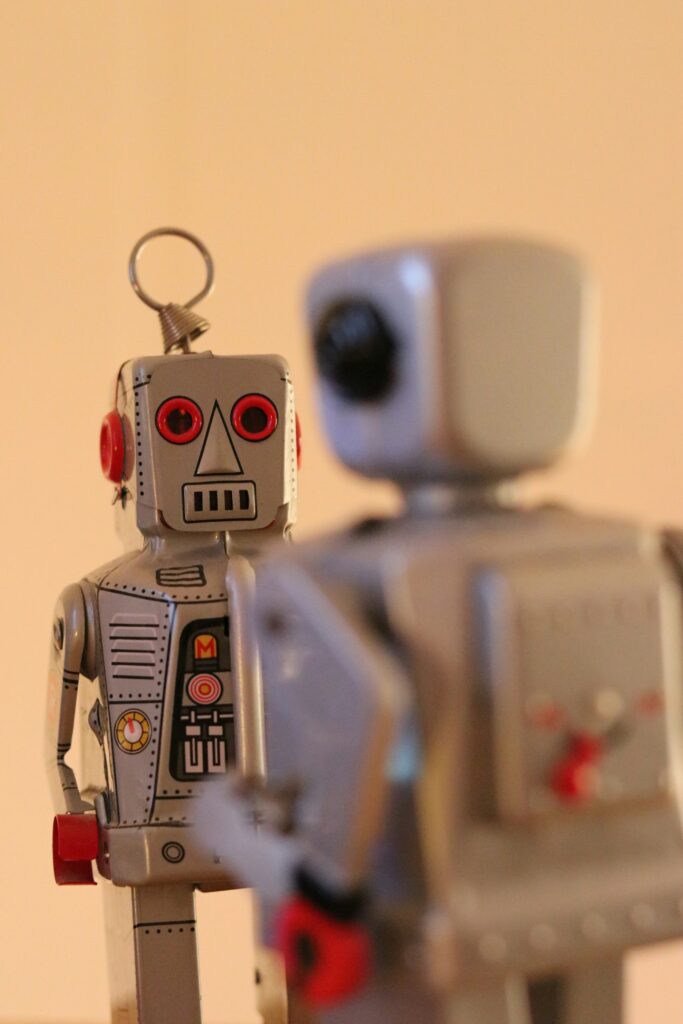The past year has witnessed an explosive growth and adoption of Generative AI, with tools like OpenAI’s ChatGPT and Google’s Gemini moving from experimental concepts to indispensable assets for individuals and enterprises alike. This rapid evolution signifies a critical turning point, as businesses across the globe increasingly integrate AI to automate complex tasks, generate novel content, and extract deeper insights from vast datasets. Recent breakthroughs in multimodal AI, which can process and generate information across various formats such as text, images, and audio, further exemplify the accelerating pace of innovation, pushing the boundaries of what intelligent systems can achieve.
According to a report by PwC, Artificial Intelligence is projected to contribute up to $15.7 trillion to the global economy by 2030, with a significant portion stemming from enhanced productivity and consumer demand fueled by AI products and services. This staggering figure underscores the profound economic impact that these technologies are already beginning to have. Data from a recent Gartner survey indicates that over 70% of organizations are currently experimenting with or have already deployed AI capabilities, highlighting a widespread recognition of AI’s strategic importance for competitive advantage in a rapidly evolving market. This adoption isn’t just about efficiency; it’s about reimagining operational frameworks and fostering entirely new business models.
AI’s Transformative Impact Across Key Industries
The implications of this **revolutionary AI** extend far beyond mere automation, fundamentally altering the operational fabric of numerous sectors. In healthcare, intelligent systems are accelerating drug discovery, personalizing treatment plans, and improving diagnostic accuracy by analyzing complex medical data at speeds impossible for humans. For instance, AI algorithms can identify subtle patterns in medical imaging that might elude the human eye, leading to earlier detection of diseases. Similarly, the manufacturing sector is leveraging AI for predictive maintenance, optimizing supply chains, and designing more efficient products, leading to significant cost savings and improved output quality. AI-powered coding tools are also revolutionizing software development by automating code generation and debugging, dramatically speeding up development cycles.
The creative industries, once thought immune to automation, are experiencing a renaissance through generative AI. Artists and designers are using AI to explore new aesthetics, musicians are composing with AI co-pilots, and content creators are generating compelling narratives and visuals with unprecedented speed. This isn’t about replacing human creativity but augmenting it, allowing for experimentation and iteration at a scale previously unimaginable. Furthermore, customer service is being transformed by advanced AI chatbots and virtual assistants that offer personalized, round-the-clock support, enhancing customer satisfaction and freeing up human agents for more complex issues.
The Future Landscape: Predictions and Ethical Considerations
Looking ahead, experts predict that the integration of **intelligent systems** will only deepen, permeating every aspect of daily life and industrial operations. Dr. Kai-Fu Lee, a prominent AI expert, envisions a future where AI becomes an omnipresent assistant, enhancing human capabilities rather than replacing them entirely. He suggests that while routine and repetitive tasks will be increasingly automated, human-centric roles requiring creativity, emotional intelligence, and complex problem-solving will become even more valuable. However, this rapid advancement also brings crucial ethical considerations. Debates around data privacy, algorithmic bias, and the future of work are intensifying, necessitating robust regulatory frameworks and responsible AI development practices. Ensuring fairness, transparency, and accountability in AI systems will be paramount as we navigate this exciting, yet challenging, new era.
The journey of **Generative AI** is just beginning, and its potential to reshape industries is immense. As these intelligent systems continue to evolve, they promise not just efficiency gains but also a profound redefinition of human-machine collaboration, fostering innovation that once resided only in the realm of science fiction. The key to unlocking this future lies in a balanced approach: embracing technological progress while diligently addressing the societal and ethical implications. For more insights into AI’s market impact, you can refer to comprehensive reports such as PwC’s Global AI Study.

